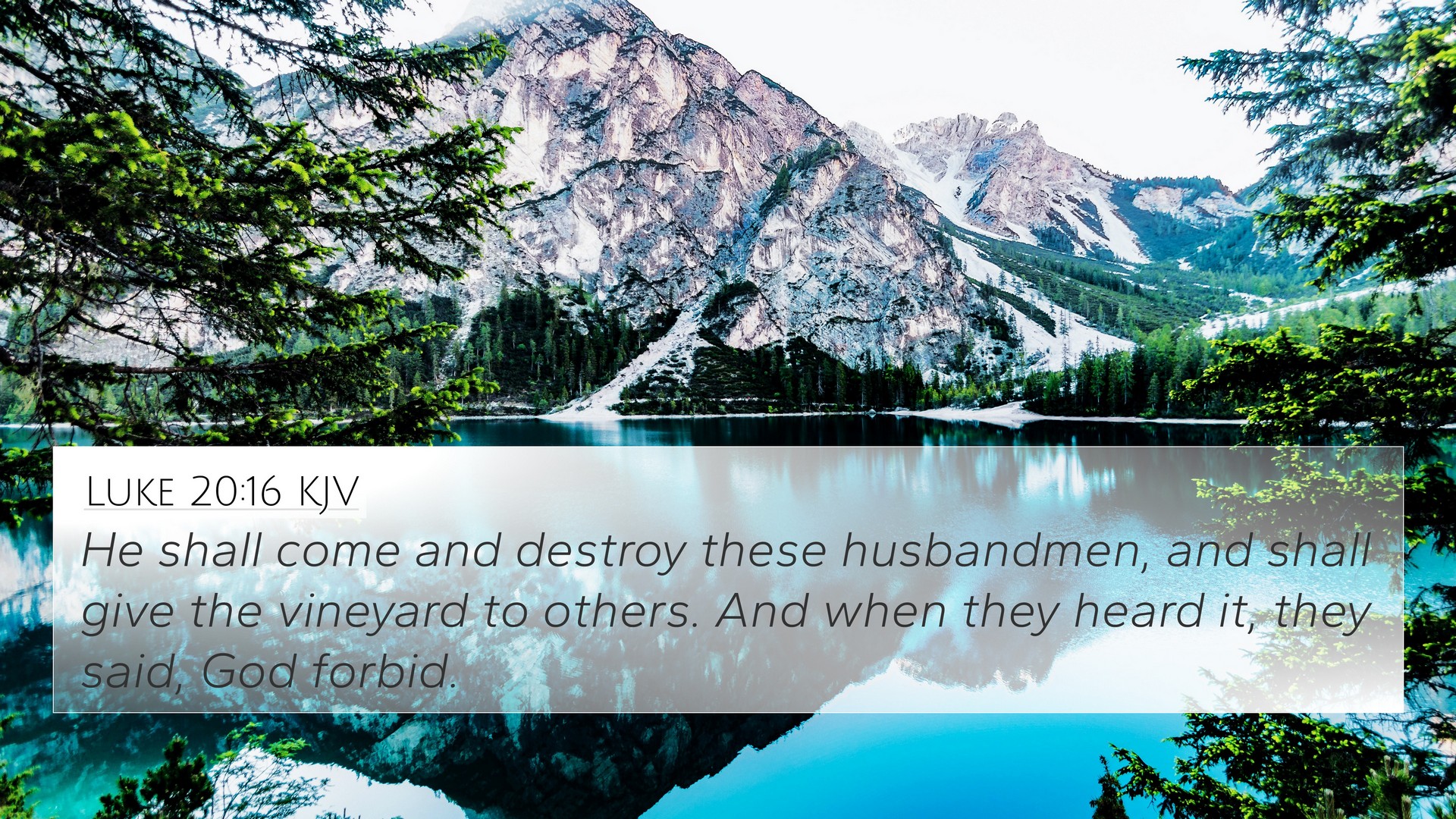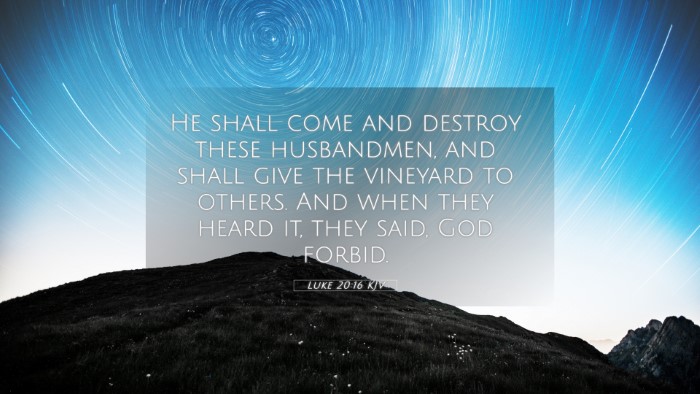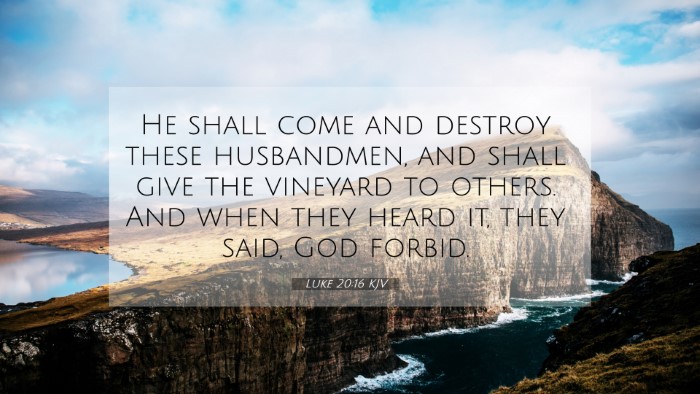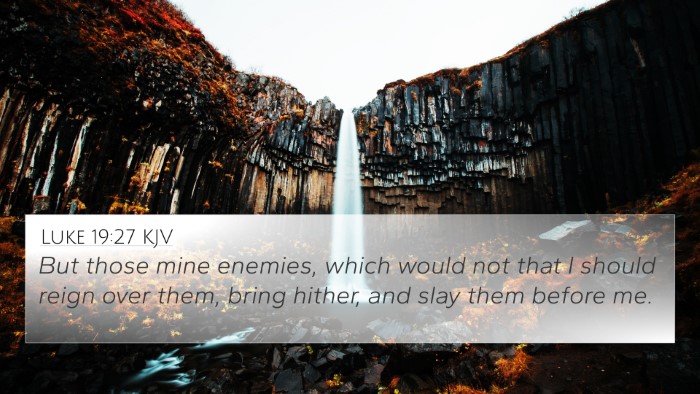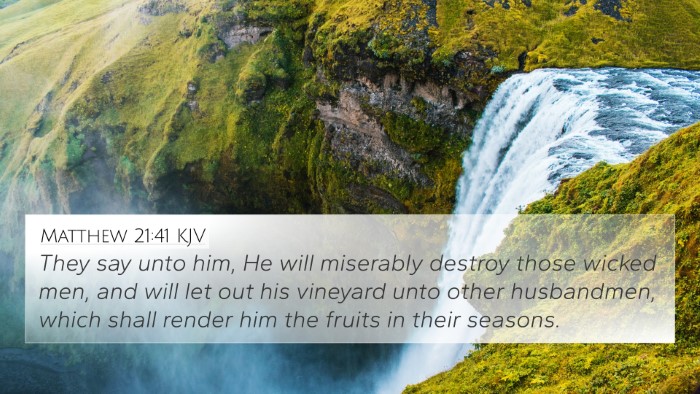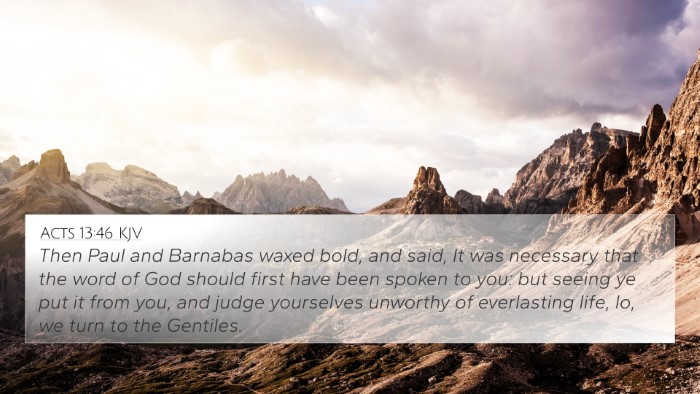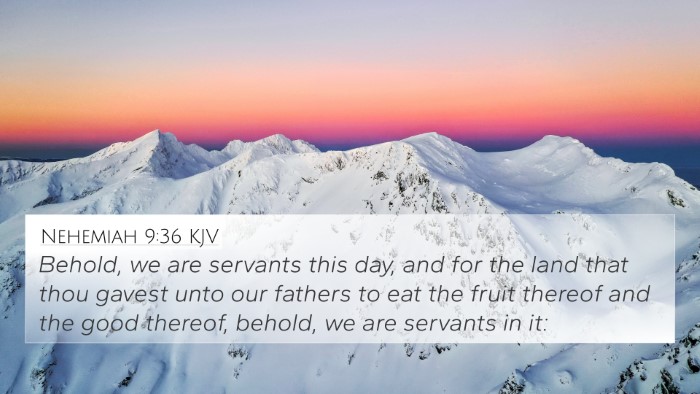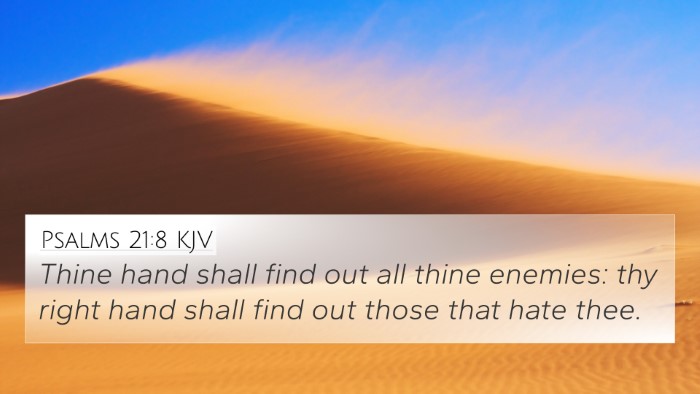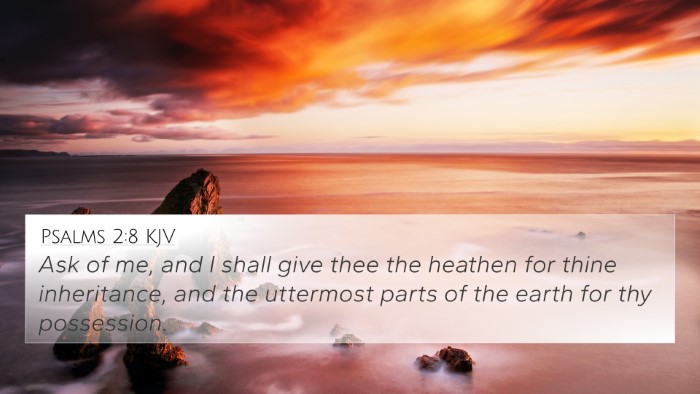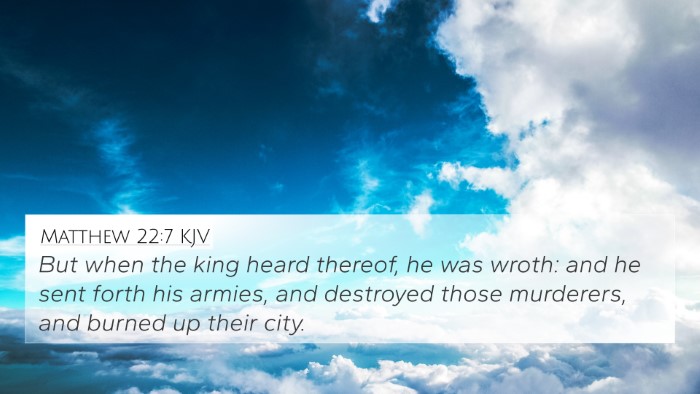Understanding Luke 20:16
Luke 20:16 states: "He will come and destroy those tenants and give the vineyard to others." This verse is rich in meaning and depth, drawing connections to various themes, prophetic fulfillments, and narratives within the biblical texts.
Contextual Overview
In the context of the Gospel of Luke, Jesus is delivering a parable often referred to as the Parable of the Wicked Tenants. This parable serves to illustrate the rejection of God’s messengers and the consequent judgment that awaits those who oppose His will.
Thematic Significance
This verse encapsulates several key themes:
- Judgment: It foreshadows the judgment that will come upon those who reject the message of Jesus.
- Divine Sovereignty: It highlights God's authority to appoint and remove stewards of His kingdom.
- Inclusiveness of the Kingdom: The verse implies that those who are unworthy of God's vineyard will be replaced by others, indicating a shift towards the Gentiles and a more inclusive view of salvation.
Commentary Insights
Matthew Henry expounds on this verse by emphasizing the responsibility of the tenants (the religious leaders of Israel) to cultivate the vineyard (the people of Israel) faithfully. Their failure and subsequent punishment serve as a stern warning against neglecting divine responsibilities.
Albert Barnes elaborates on the consequences of rejecting the son of the owner of the vineyard, symbolizing Jesus Himself. He notes that the destruction referred to is both a literal and metaphorical destruction of the old covenant leaders and the establishment of a new covenant community.
Adam Clarke provides an insight into the phrase "give the vineyard to others," suggesting a transfer of privileges and responsibilities from the Jewish leaders to the apostles and later to the Gentile believers, indicating the expansive nature of God's kingdom.
Bible Cross-References
This verse can be cross-referenced with several other biblical passages that enhance its meaning:
- Isaiah 5:1-7: The Song of the Vineyard, which serves as an Old Testament analogy for God's people and their failure to yield fruit.
- Matthew 21:33-41: A parallel account of the same parable that underscores the rejection of Jesus by the religious authorities.
- Mark 12:1-12: Another Gospel account reflecting on the tenants' unfaithfulness and the consequences of their actions.
- Romans 11:17-24: Discusses the idea of Gentiles being grafted into the covenant promises of God, aligning with the transfer of the vineyard.
- 1 Peter 2:9: Affirms that believers are now a chosen people, highlighting the shift to a new community in Christ.
- Acts 4:11-12: Reinforces Jesus as the cornerstone, rejected by men, but exalted by God.
- Hebrews 10:26-31: Warns about the dangers of willful sin against knowledge of the truth, resonating with the theme of judgment for rejection.
Connections Between Bible Verses
Luke 20:16 stands at the intersection of several theological discussions and narratives:
- Linking Old and New Testament: The imagery of vineyard care is prevalent in both Testaments, signifying God’s persistent desire for His people to thrive under His guidance.
- Biblical Covenant Themes: The rejection of the tenants is emblematic of larger covenant themes throughout Scripture, marking the transition from an exclusive covenant with Israel to a universal offer through Christ.
- Inter-Biblical Dialogue: The usage of parabolic teachings in the New Testament often harkens back to prophetic literature, showcasing the consistency of God’s narrative across the Scriptures.
Practical Applications
Understanding Luke 20:16 in the light of these commentaries and cross-references yields practical insights:
- Personal Accountability: Believers are reminded of their roles as stewards in God's vineyard, emphasizing the importance of faithfulness and fruitfulness.
- Awareness of Judgment: The parable serves as a sober reminder that neglecting one's responsibilities in the faith can lead to serious consequences.
- Invitation for Inclusiveness: Encourages a welcoming stance towards all, reflecting God’s desire that none should perish but that all should come to repentance.
Conclusion
Luke 20:16 is a profound verse that encapsulates themes of judgment, divine authority, and the expansive nature of God’s kingdom. By utilizing tools for Bible cross-referencing, readers can deepen their understanding of how this verse interacts with and informs a multitude of scriptural themes and teachings. As one navigates through the interconnectedness of the Scriptures, the richness of biblical narratives is unveiled, prompting reflection, study, and application in the life of believers.
